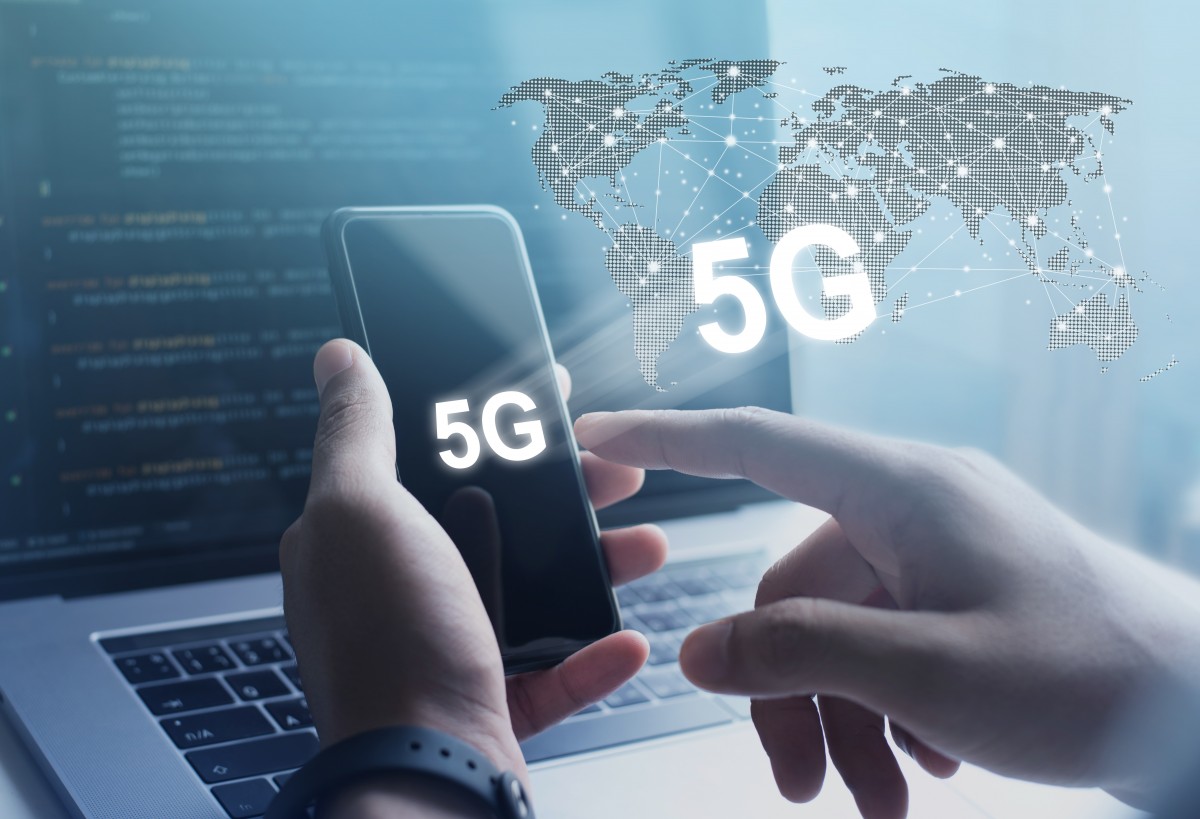The third annual, international study of Gen Z, conducted by The Center for Generational Kinetics and commissioned by WP Engine, launched today reveals new expectations for the web by Generation Z in comparison to other generations including Millennials, Gen X, and Baby Boomers. Gen Z, born between 1996-2015, is the most Internet-dependent generation and is firmly at the vanguard of technology use across all generations. These ties to digital reveal insights for brands on how to reach this important audience.
Why studying Gen Z matters
2020 has taught us the stark importance of the digital world. Billions of people went online to work, study, and merely to stay in touch during the COVID-19 pandemic. After years of knowing they needed to adopt digital transformation strategies, the pandemic has forced organisations to not only accelerate those plans but put them into immediate action.
For Gen Z, this is nothing new. They’ve never drawn a distinction between the physical and the digital world. For them, whether online or offline, the critical element is that you can seamlessly move between each. They’re leading this shift in consumer behaviour with their digital fluency and articulating nothing less than a new paradigm for digital experiences.
“Gen Z are digital pioneers in that they charted the path for the rest of the world to go fully digital, and marketers ignore that path at their own peril,” said Fabio Torlini, Senior Vice President and Managing Director, International for WP Engine. “The pandemic caused a profound change in the way we do everything, from shopping to eating to engaging with friends and family. Gen Z was already comfortable in that new paradigm, so if you meet the digital needs of Gen Z, you’re ahead of the rest of the world.”
Gen Z is inextricably tied to digital
Today’s study shows that Gen Z has become the most Internet-dependent generation: 60% of Gen Z can’t go more than 4 hours without Internet access before they become uncomfortable. They’ve become 7% more dependent on the Internet to access other people and connections, compared to 2018. But they’re also more likely than other generations to believe in the positive impact of technology on the world: 64% believe the Internet will bring us closer together.
How do Gen Z and its counterparts use the Internet?
- Gen Z now depends on the Internet primarily to access their friends (62%) and for entertainment (59%).
- On the other hand, Millennials (57%), Gen X (63%), and Boomers (67%) rely on the Internet largely to access information.
“Gen Zers are a huge, diverse generation and the fastest growing group of employees, customers, and voters,” said Jason Dorsey, President at The Center for Generational Kinetics. “As we’ve seen over the past three studies, this generation thinks and acts VERY differently. Their connectedness, their ability to navigate change quickly and their desire to have a positive impact on the world are all reflected in their higher expectations of technology and organisations.”
Resetting digital experience expectations
Even Gen Z’s demands for the future of Internet access look dramatically different from today. In the next 5 years, 40% of Gen Z expects to access the Internet by using their voice alone, through Alexa or Siri for instance. Conversely, over twice as many Boomers (23%) as Gen Z (11%) primarily expect access to the internet through gestures.
Overall, Western Europeans believe biometric authentication is among the top website functionalities of the future. With biometrics (e.g. fingerprint and face recognition, voice and speech recognition) authentication with the Internet will be done without a keyboard. Meanwhile, Gen Z is most likely to believe that in the next 5 years the Internet will impact our view of the world through AR (augmented reality) and VR (virtual reality) compared to older generations.
AI-driven digital experiences
Gen Z has also revealed growing demands for artificial intelligence (AI)-driven human digital experiences on the web.
- Almost one third (31%) of Gen Z expects the Internet to predict what they need and alert them before they need it.
- 79% expect that all software and website/digital experiences will have digital learning/AI capabilities.
On the other side, Boomers (78%) and Gen X (68%) would much rather have an Internet where they were completely anonymous and had to order everything manually, over an Internet or web apps that could predict what they need at all times and provide that to them. And despite Gen Z’s move towards predictive technologies, all generations show concern for the growing use of artificial intelligence, with Millennials (69%) even ahead of born-digital Gen Z (63%) on this point.
What does Gen Z expect from digital experiences?
- Get to know me. 68% believe that all websites will "talk" to each other, so every site/app/appliance will present a personalised experience
- Press ahead. 67% of Gen Z has personally used, worked with someone else, or hired someone to use WordPress for a website




